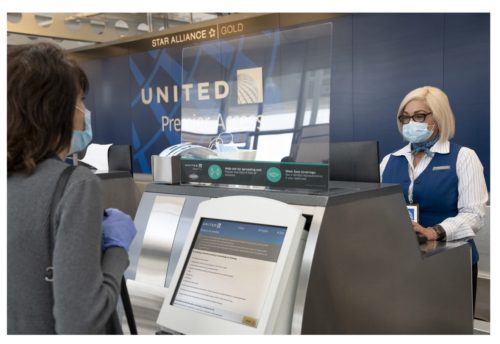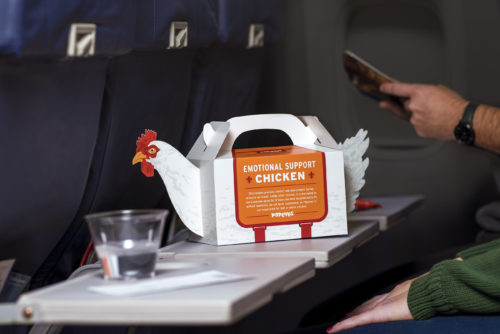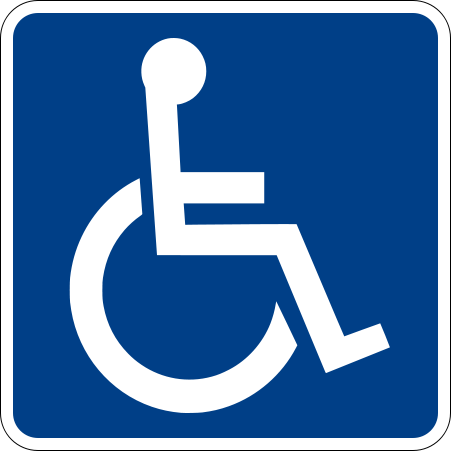
Most every airline now requires passengers to wear face coverings in airports and on airplanes.
But now the failure to do so may result in denied boarding or a ban on future travel.
On Monday, the airline trade group Airlines for America (A4A) announced that for the duration of the COVID-19 health crisis its member airlines, including Alaska, American, Delta, Hawaiian, JetBlue, Southwest and United, are stepping up enforcement of face coverings.
The airlines will also now impose “substantial consequences for those who do not comply with the rules.”
Each carrier will be determining its own set of consequences for passengers who do not comply. But those policies may now include being banned from flying on the airline.
United Airlines says in a statement that starting June 18 and for at least the next 60 days, “any passenger that does not comply when onboard a United flight will be placed on an internal travel restriction list. Customers on this list will lose their travel privileges on United for a duration of time to be determined pending a comprehensive incident review.”
United has been requiring passengers to wear masks on board aircraft since May 4 and most passengers have been complying.
But not all. So the new rule “is an unmistakable signal that we’re prepared to take serious steps, if necessary, to protect our customers and crew,” said United’s Chief Customer Officer, Toby Enqvist in the airline’s statement.
United says flight attendants will “proactively inform” customers not wearing face mask of the rules and offer masks, if needed.
Then:
“If the customer continues to be non-compliant, flight attendants will do their best to de-escalate the situation, again inform the customer of United’s policy, and provide the passenger with an In-Flight Mask policy reminder card.”
“ If a customer continues to not comply, the flight attendant will file a report of the incident, which will initiate a formal review process.”
“Any final decision or actions regarding a customer’s future flight benefits will not occur onboard but instead take place after the flight has reached its destination and the security team has investigated the incident.“
American Airlines says its updated policies will go into effect June 16. Customers who do not comply with the requirement to wear face coverings at the gate will be denied boarding.
“American may also deny future travel for customers who refuse to wear a face covering,” the airline said in a statement.
Other airlines will likely spell out the consequences for not complying with the face mask requirement in the next day or two.



